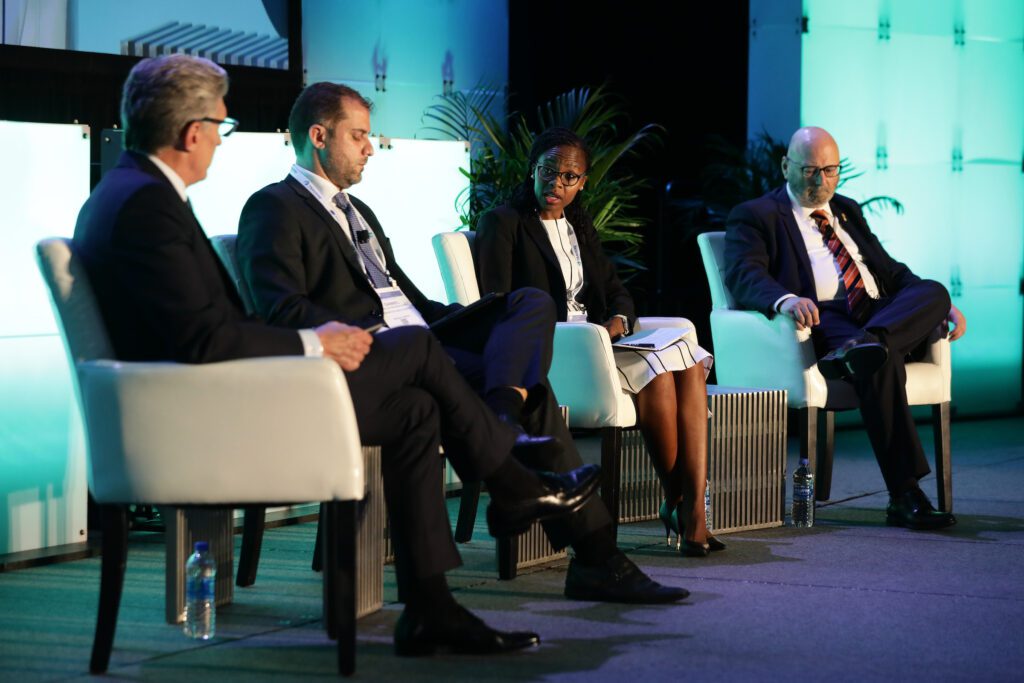One of the key lessons of the COVID-19 pandemic has been the need to strengthen government support for biotechnology, with direct funding but also through public-private partnerships and improvements in regulation, according to a super session at today’s BIO International Convention that provided the perspective of six different countries, each represented by high-level officials.
France will continue its robust response to the pandemic that involves a “teamwork approach,” by funding the biotech industry and by leveraging France’s strong ecosystem, with efforts such as support for research centers in hospitals and universities, according to Philippe Etienne, Ambassador to the US, France.
While the French government already spent a great deal to assist workers who lost their jobs during the pandemic, they are still planning an $8 billion investment to support biotech through the Healthcare Innovation to 2030 program. The government is also planning a major summit involving their leaders and the international biotech industry this year.
“In spite of the pressure on public finance, we have decided to invest in the future,” Etienne said.
Estonia is also making big investments, and they have been relying on their county’s rich data infrastructure, which includes the health data of all residents in digital format and their unique genome database—a biobank containing the genetic data of 25% of the country, said Andres Sutt, Minister of Enterprise and Information Technology, Estonia.
Faster approval
Another key change that governments can make to improve pandemic preparedness is in the area of regulation, several speakers said, and that should include faster approval.
“The regulator must be an enabler, it cannot be seen as a barrier as it was in the past,” said Boitumelo Semete-Makokotlela, CEO, South African Health Products Regulatory Authority. She said her country would rely on approvals by FDA and WHO, rather than always going through their own approval process, which can take too long.
The UAE also understood the point of relying on other regulators, according to Dr. Amin Al Amiri, Minister of Health, United Arab Emirates. “Moderna vaccine was registered in four hours after the approval of the FDA,” he said. “We learned from the bird flu pandemic situation and others, and therefore we were ready for COVID-19.”
The panel
The session was moderated by Jannie Oosthuizen, President of Merck Human Health US, the sponsor of the session. The panelists were: Dr. Amin Al Amiri, Minister of Health, United Arab Emirates; Philippe Etienne, Ambassador to the US, France; Andres Sutt, Minister of Enterprise and Information Technology, Estonia; Arthur Sinodinos, Ambassador to the US, Australia; Dr Boitumelo Semete-Makokotlela, CEO, South African Health Products Regulatory Authority, South Africa; Daniel Meirelles Fernandes Pereira, Executive Secretary of the Ministry of Health, Brazil.




